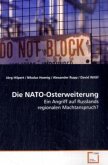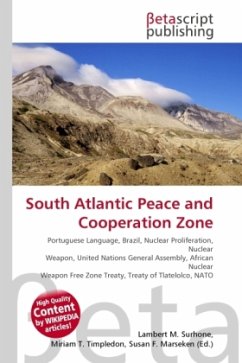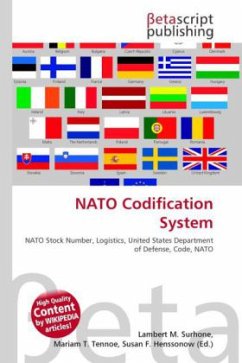The end of the Cold War caused many changes in world politics. In case of Finland, a small state on the periphery of Europe, it was a change from neutrality to its hard-core, military non-alignment. This step was associated mainly with the membership in the European Union and the beginning of a co-operation with NATO. The main aim of this book is to find an answer the question about reasons and factors that made that change possible. The main argument is that neutrality had not become a core element of Finnish national identity, nor had a strong historical background to defend it. The author argues also that the change was not as drastic as one might have expected and nowadays Finnish security policy has some sings of continuity. Besides, the author explains also the meaning of neutrality in International Relations, its historical development and nowadays condition, primarily in the context of Finnish security policy.








